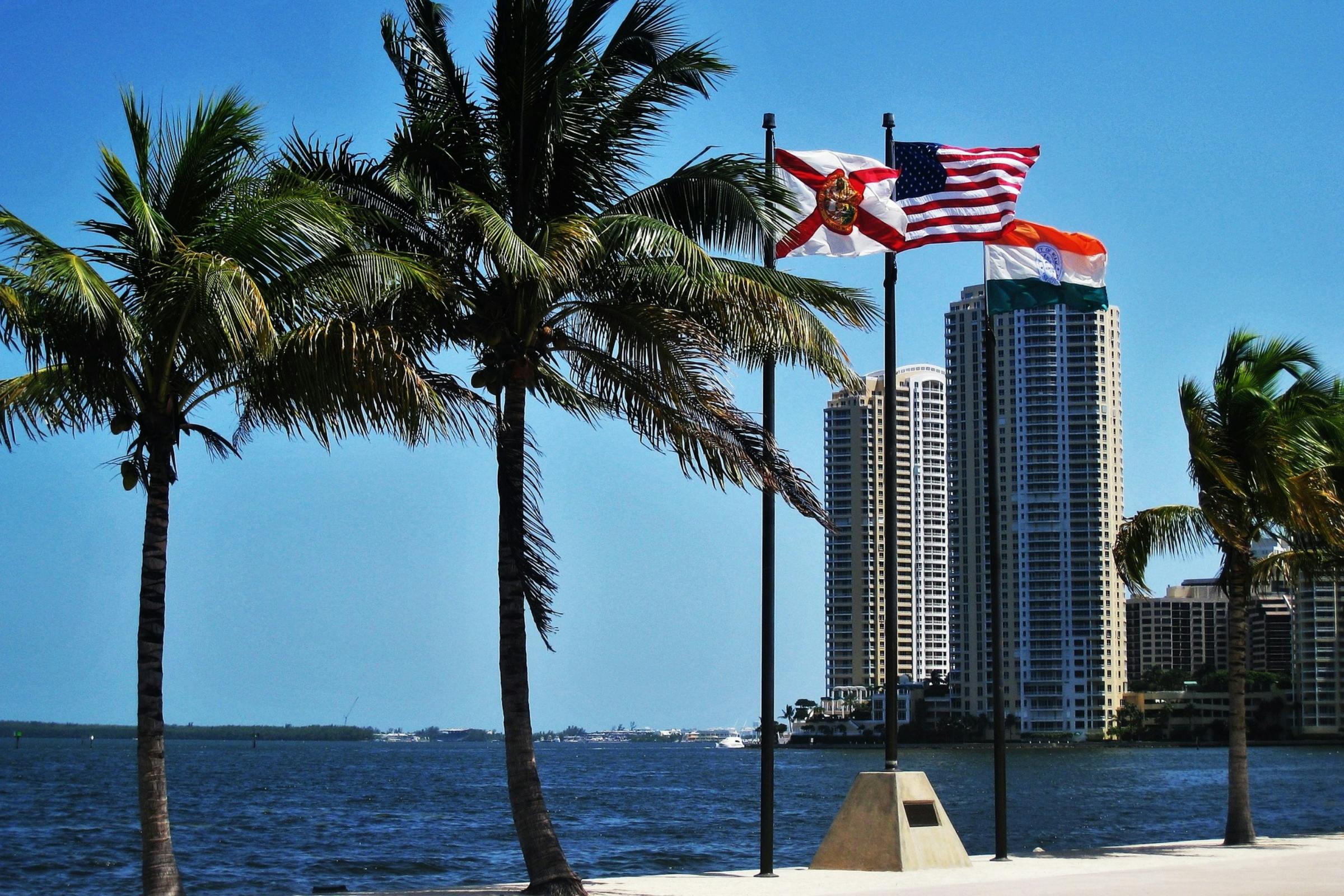What’s in the Proposal?
Senate Bill 1718/House Bill 1617’s introduction in March covers Florida’s immigration priorities as set forth by the state’s governor, Ron DeSantis. DeSantis is a Republican with a reputation for consistently arguing against Democratic policies and practices.
This recent proposal overhauls many of Florida’s current laws regarding immigration and calls for an increase in immigration enforcement. While the theory behind it is to increase the safety of Florida’s citizens, the reality is set to cause serious problems to those in and out of the immigration system, particularly anyone in the healthcare, business, and faith industries.
The details of the proposal include the following seemingly innocuous but potentially damaging changes:
● Those transporting or harboring certain undocumented immigrants in Florida would be charged with a third-degree felony,
● Out-of-state driver’s licenses issued to undocumented immigrants would no longer be valid in Florida,
● Hospitals would be required to collect immigration status information for every patient, regardless of HIPAA and other practices,
● DACA recipients and other immigrants will no longer be able to obtain licenses to practice law in Florida, and
● Penalties for hiring undocumented immigrants will increase.
On the surface, these seem like rational changes. But when you delve into the potential repercussions, the dangers of these laws appear quickly.
How This Legislation Could Impact Your H-1B Visa
The changes in this legislative proposal may have indirect consequences for those in the state under an H-1B visa.
The terms of the first part of the proposal increase the penalties for transporting or harboring anyone who “reasonably should know” that they’re undocumented. Third-degree felonies carry penalties of up to five years in prison.
The idea is to prevent human smuggling, but since the definitions of harboring and transporting aren’t precise, it could spread to be used on anyone who houses or transports undocumented immigrants, including churches and community service centers. Innocent people trying to help others get to their doctor’s appointments could find themselves facing a five-year prison sentence.
It’s also concerning to people like medical personnel, school bus drivers, and others in communities who “should know” whether the person they’re assisting is in the US under legal documentation. It could spread suspicion upon anyone and increase stereotyping and discrimination, and reduce the already tenuous welcome foreign workers on H-1B visas receive in the US.
Concerns about the immigration status collection requirement are far-reaching, as well. Should your H-1B visa terms end and you’re in the process of renewing, although you’re doing the paperwork correctly, delays could mark your legal status as invalid. Understandably, even those who are in the US through authorized channels could hesitate about going to the hospital for themselves or their loved ones for fear that they might be deported.
H-1B holders with children who stayed in the US using the Deferred Action for Childhood Arrivals (DACA) status could see their adult dependents lose their ability to obtain a law degree. Since Florida annually has 40,000 undocumented students at any time in higher education, this proposal has the possibility to inflict damage on many bright minds who could make a difference in the legal field.
In general, the proposal brings in significant threats combined with substantial uncertainty and gray areas. Local and federal immigration authorities may not be on the same page, and immigrants’ fear of cooperating as a witness or victims will increase. As it is currently written, even those in Florida under visas have a valid reason to be concerned.
What’s Next?
Dealing with immigration law as an employer or a nonimmigrant is challenging. As legislation changes, so do your rights and responsibilities. Don’t go it alone. Contact Visa2US and let our H-1B visa experts guide you as you embrace your career possibilities as a skilled worker in the United States.














